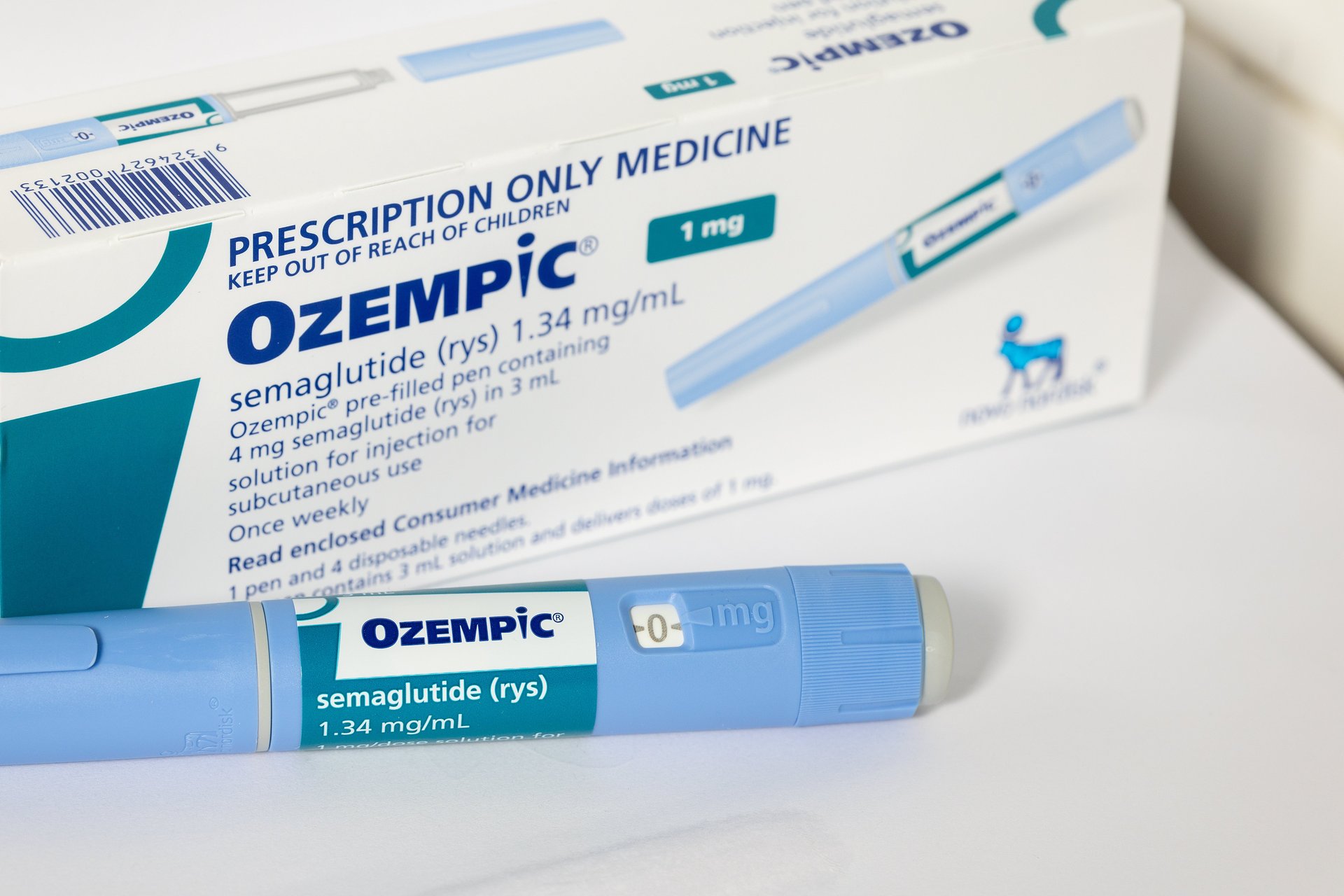Ozempic could even help prevent opioid overdoses, study says
A new study found that prescriptions for Ozempic were associated with lower overdose rates among patients with type 2 diabetes

Novo Nordisk’s blockbuster drug Ozempic may offer yet another health benefit: helping to curb overdoses.
Suggested Reading
People that are prescribed semaglutide — the active ingredient in Ozempic — as a treatment for type 2 diabetes may have a reduced risk of an opioid overdose, according to a new study published Wednesday in JAMA Network Open.
Related Content
The study found that prescriptions for semaglutide were associated with lower overdose rates among patients with type 2 diabetes who also had a diagnosis of opioid use disorder (OUD).
These findings contribute to a growing body of research that suggests that these popular medications might provide benefits beyond regulating blood sugar levels and weight loss.
Researchers in this study analyzed electronic records of nearly 33,000 patients with OUD and who were prescribed diabetes medications between December 2017 and June 2023. About 3,000 of those patients were prescribed semaglutide.
Researchers then tracked opioid overdose cases in patients for a year after they discontinued semaglutide or the other diabetes treatments. The study found 42 overdose cases among patients who received semaglutide, compared to 97 in those who received insulin, signaling a 58% lower risk of overdose for those on semaglutide.
The study authors warned that due to study limitations, “Further research is warranted to investigate the underlying mechanisms and randomized clinical trials are necessary to corroborate the clinical effects on OUD.”
In 2022, just 25% of U.S. adults who needed treatment for opioid use OUD received the recommended medications, according to the Centers for Disease Control and Prevention (CDC). Although more research is needed, semaglutide could some day be an alternative to current treatments of OUD.
According to the National Center for Drug Abuse Statistics, opioids are involved in approximately 72% of overdose deaths in the U.S.
A separate study from July found that Ozempic could also potentially help people struggling with tobacco addiction. Researchers found that smokers with type 2 diabetes that were prescribed Ozempic were up to 32% less likely to discuss tobacco use with a doctor a year after starting their treatment, compared to patients taking other diabetes drugs.
